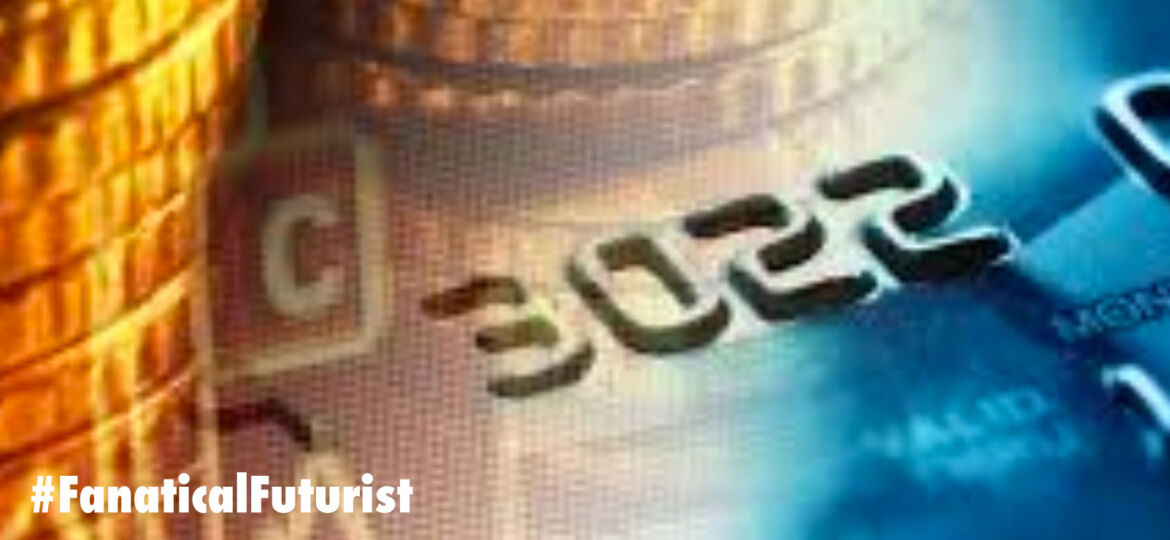
WHY THIS MATTERS IN BRIEF
The processing networks that the major credit card companies have built up over the years means that they’re difficult to disrupt, but as we learn so often difficult doesn’t mean impossible…
The brain behind the runaway train that is Ethereum, Vitalik Buterin, is matter of fact when he talks about the things that he thinks the crypto is capable of, and he believes that, with the right incentives, Ethereum can replace everything from credit card networks to gaming servers – something I saw when I talked at the iGaming show a couple of months back where almost the only thing being discussed was blockchain and crypto.
To prove his point Buterin separates the world into two kinds of people.
“There’s the average person who’s already heard of bitcoin and the average person who hasn’t,” he said, and his project itself builds on that notion by adding more utility to the blockchain, thereby creating something everyone will want to hear about and hopefully creating a virtuous cycle of adoption.
“Where Ethereum comes from is basically you take the idea of crypto economics and the kinds of economic incentives that keeps things like bitcoin going to create decentralized networks with memory for a whole bunch of applications,” he said, “a good blockchain application is something that needs decentralization and some kind of shared memory.”
That’s what he’s building and hopes others will build on the Ethereum network, but right now the network is a bit too slow for most mainstream applications, but that’s something that will undoubtedly change overtime.
“Bitcoin is processing a bit less than 3 Transactions Per Second (TPS),” he said, “and Ethereum is doing 5TPS. Uber gives 12 rides a second. It will take a couple of years for the blockchain to replace Visa,” and that’s bearing in mind that Visa’s network today manages over 56,000TPS, so as you can see, there’s some way to go still.
That said though recently I wrote about the Red Belly Blockchain run by a team out of Australia that pushes processing to a staggering 440,000TPS, but despite even these sorts of breakthroughs Buterin doesn’t think everything should run on the blockchain even though many things can.
“As the technology expands it can grow to replace many services that require parallelization, that is programs that should run at the same time,” he says, “you could run StarCraft on the blockchain. Those kinds of things are possible. High level of security and scalability allows all these various other things to be built on top. Ethereum is a secure base layer that doesn’t have too many features, and crypto is all about incentives on various levels. You cannot reason about the security of blockchain consensus protocols without incentives.”
Buterin also said he expects to see low-security financial crypto prototypes that will take on the major card companies revealed within the next year, and thinks that those will signal the beginning of Ethereum’s ability to disrupt mainstream finance. That said though, it’s likely that a few more years will be needed before their effectiveness can be proven, but it’s a start…
















